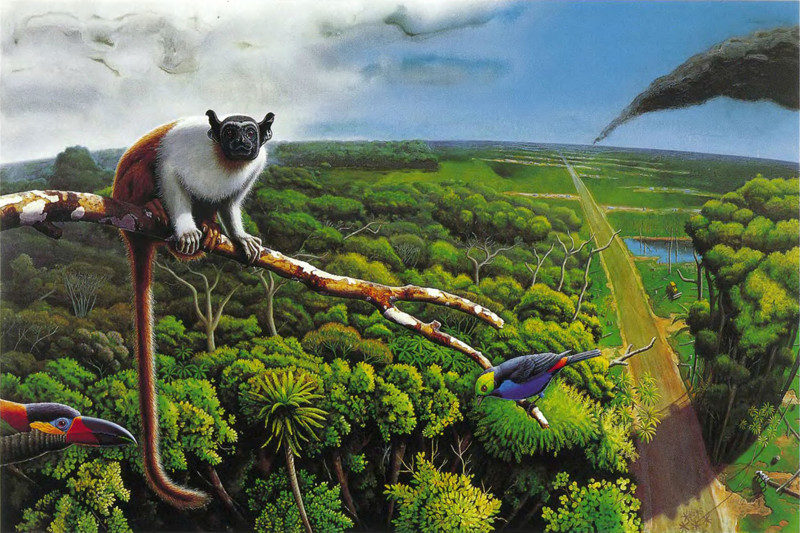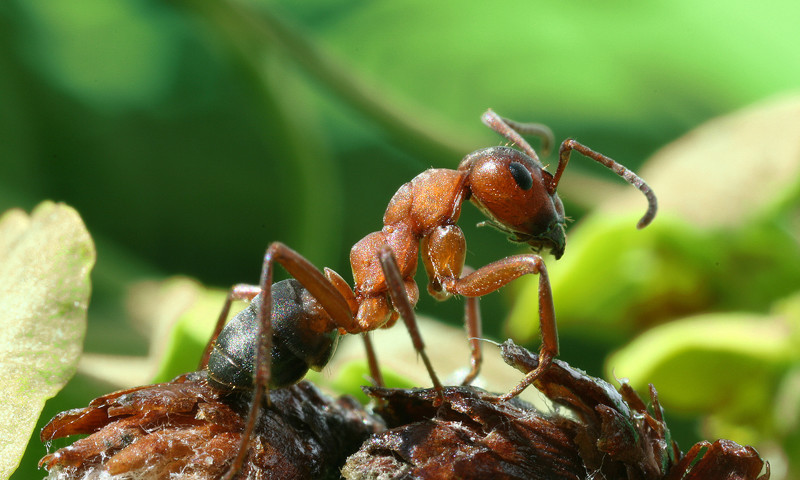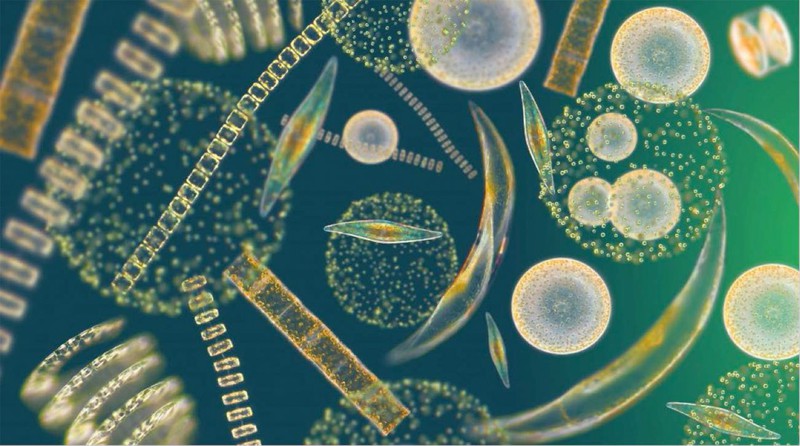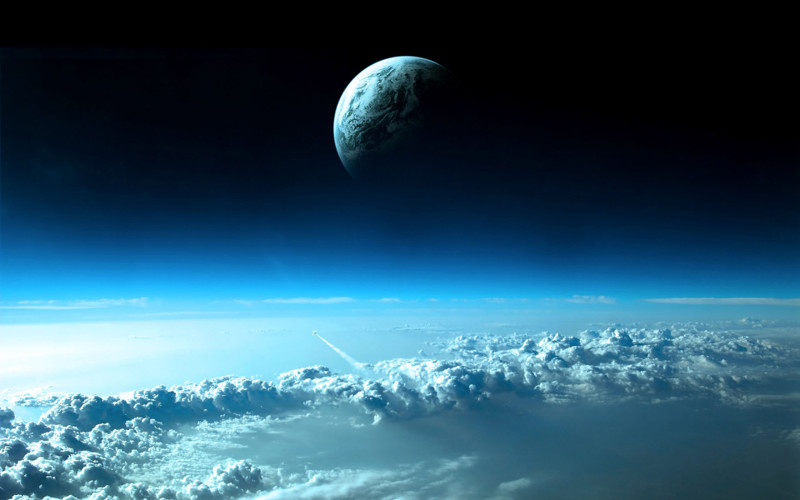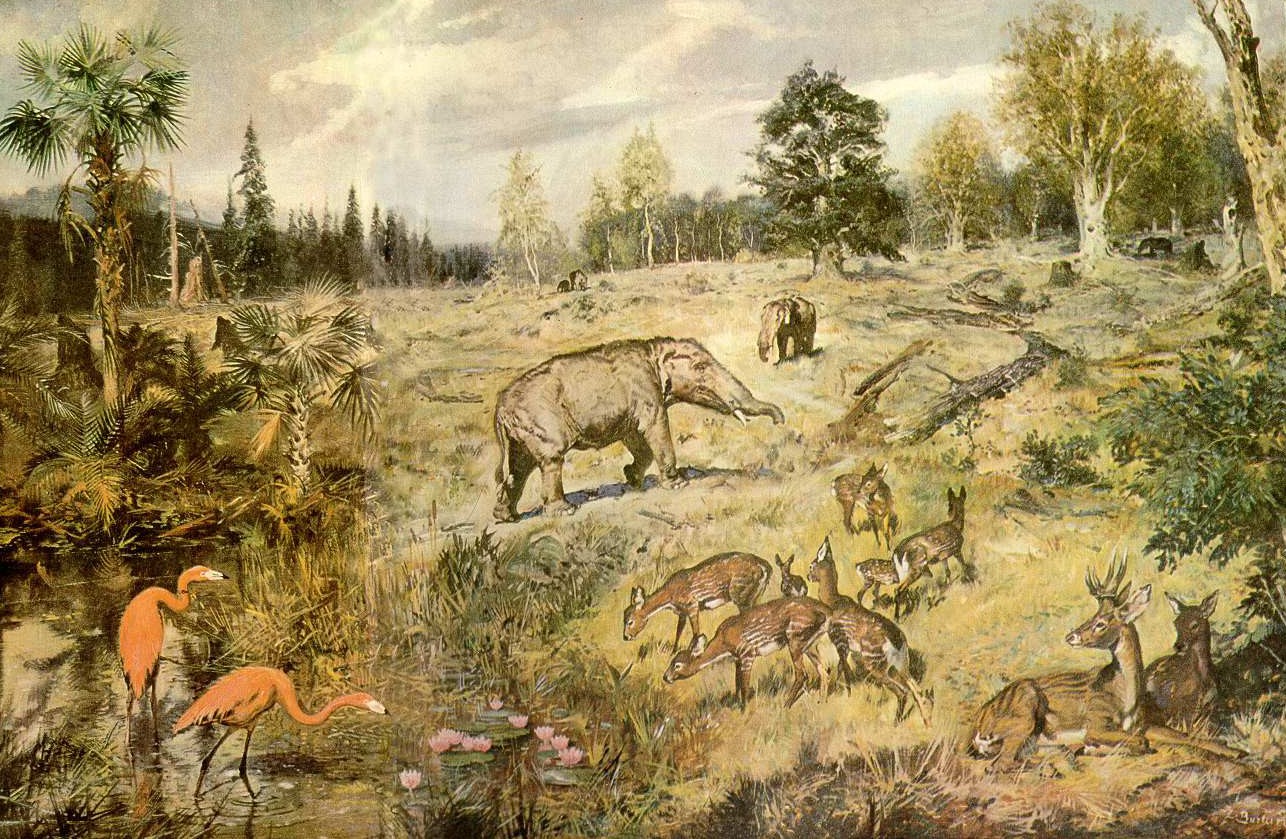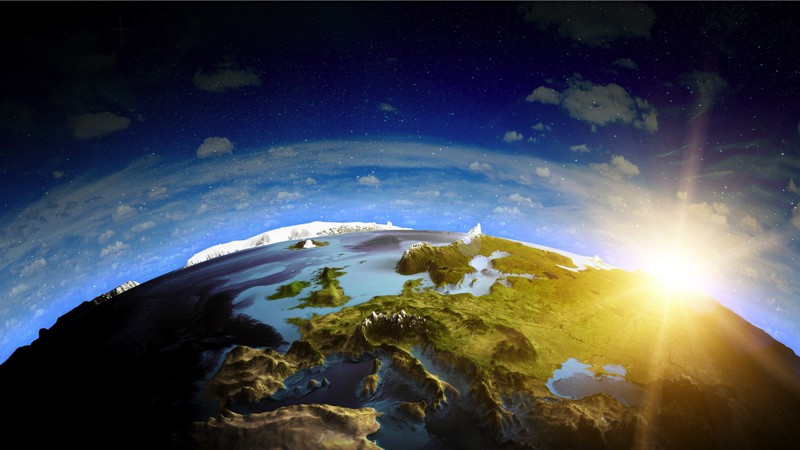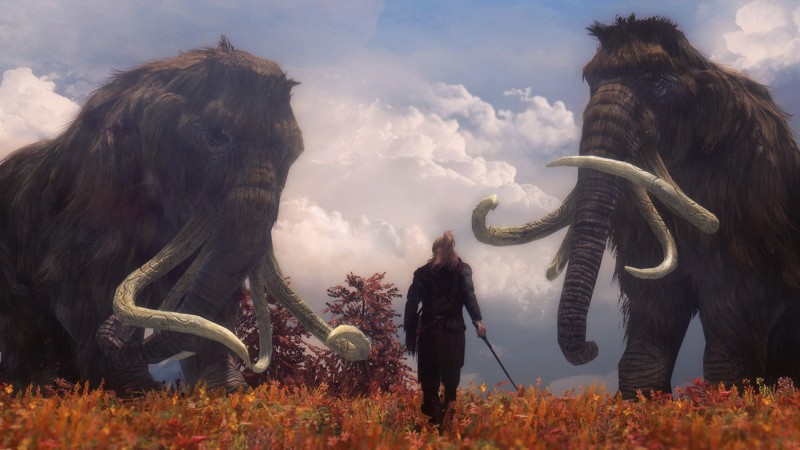Despite the tremendous development of science and technology, especially in recent times, there are still many unsolved mysteries in the world. This suggests that life in all its diversity is much more complicated than we imagine it. In this collection of 10 interesting wildlife mysteries, the answers to which have not yet been found.
Magnetic compass in cows
I bet you never thought about it. In general, and no one thought about before the advent of Google Earth. But it is this service that has made it possible to study thousands of images of grazing cows and discover one very strange pattern: cows always turn their heads strictly north or south while eating or drinking. This is observed on all continents, regardless of weather conditions, terrain features and other factors.
Alkaloids in plants
We ourselves do not know why they need so much, but the fact remains: modern plants contain about 7,000 different kinds of alkaloids. And the most common of them is morphine. If you still do not know what alkaloids are, then we advise you to google it, at least in order not to meet with them and their derivatives in life. But why they needed plants is a mystery.
The closer to the equator - the more species
Have you ever noticed that in the equatorial climate there is the greatest variety of species not only of animals and plants, but even of the simplest viruses. Any infection such as Ebola fever is born and spreads from Africa or South America. There are dozens of theories about why the greatest species diversity is concentrated near the equator, but all of them contradict one another.
Argentine ants
Be that as it may, these ants are the only living organisms on Earth except the man who managed to settle independently on three continents. How they managed to do this is still a mystery. Having appeared in South America, they were able to penetrate independently into Europe and Asia. In this case, it should be noted that their genetic code remained unchanged all this time.
Too much phytoplankton
Phytoplankton - these are the smallest organisms that swim in the world's oceans. Their main secret is that there are too many of them on Earth. The basic theory of evolution makes it impossible for the survival of such a large number of different microorganisms. Because of this, the main theory of evolution is bursting at the seams.
Dependence on oxygen
Until recently, scientists believed that all the multicellular organisms on Earth in one way or another depend on the oxygen content of the atmosphere. Nevertheless, several years ago, animals were found in the Mediterranean Sea (an important refinement: not single-celled, but animals) that can do without oxygen. Moreover, this was not an isolated case, which can be attributed to a spontaneous mutation, but three different types of invertebrate lucifer. Scientists still do not have the faintest idea how they evolved.
Appearance of species from nowhere
Over this mystery, scientists have been fighting for many years. The fact is that many species of animals and plants on our planet just appeared. They did not have ancestors from which they could evolve, they simply appeared. So it was, for example, with amphibians: the exact stage on which fish gave life to amphibians is not exactly known. The very first land animals appear already with well-developed limbs, a humeral and pelvic belt, ribs and a distinctly expressed head. And just a dozen different types. It's the same with mammals. The earliest mammals were small animals that led a secretive way of life even in the age of dinosaurs - 100 or more million years ago. Then, after the alleged cataclysm about 65 million years ago, which led to the extinction of dinosaurs,
Amazing balance of the universe
And here we are talking not only about the Earth, where we observe the incredible consistency of various parameters and factors that made intelligent life possible. It's about the whole universe, which also remains perfectly balanced in every way. Take for example the sun. If the nuclear forces of the atoms were less than a few percent, there would be no fuel for solar energy, and hence, life on Earth. And if the nuclear forces are slightly larger, the Sun would explode. By the subtlest calculation, the magnitude of nuclear forces is exactly in that narrow range, where neither one catastrophe can occur. The change in the distance from the Sun to the Earth by only 2% would make life on our planet impossible. And these are only the basic parameters of that "subtle adjustment". Why is everything in the universe so perfectly coordinated - a mystery.
Why did mammoths become extinct?
The fact is that up to now in northern Siberia and Alaska scientists sometimes find perfectly intact, perfectly preserved carcasses of mammoths. It can be both adults and small mammoths. But the most interesting thing is that in the stomachs of these mammoths, and not only in the stomachs, but even in the mouths of some specimens, undigested and even undressed greens were found. This suggests that these animals died completely unexpectedly, all at once, literally at their own dining table. Why this happened to the scientist is still unknown.
Cambrian Explosion
The first to find this oddity was Roderick Murchison. Studying the fossils of ancient epochs, found in the corresponding sediments, he discovered that the layers of these deposits are separated by a sharp boundary. Below this boundary, they are extremely poor in biological remains and demonstrate the widespread distribution of only the simplest single-celled organisms - bacteria and algae, and then, beginning with the Cambrian era, about 550 million years ago, suddenly acquire unprecedented wealth of new biological forms. Modern science dispelled part of this mystery, establishing that many of the groups of animals that are found in the Cambrian strata lived in cryptozoic. Simply most of them were soft creatures that did not have a solid shell or skeleton. But the mystery of the Cambrian explosion still remains, just now the conversation is not about how,



